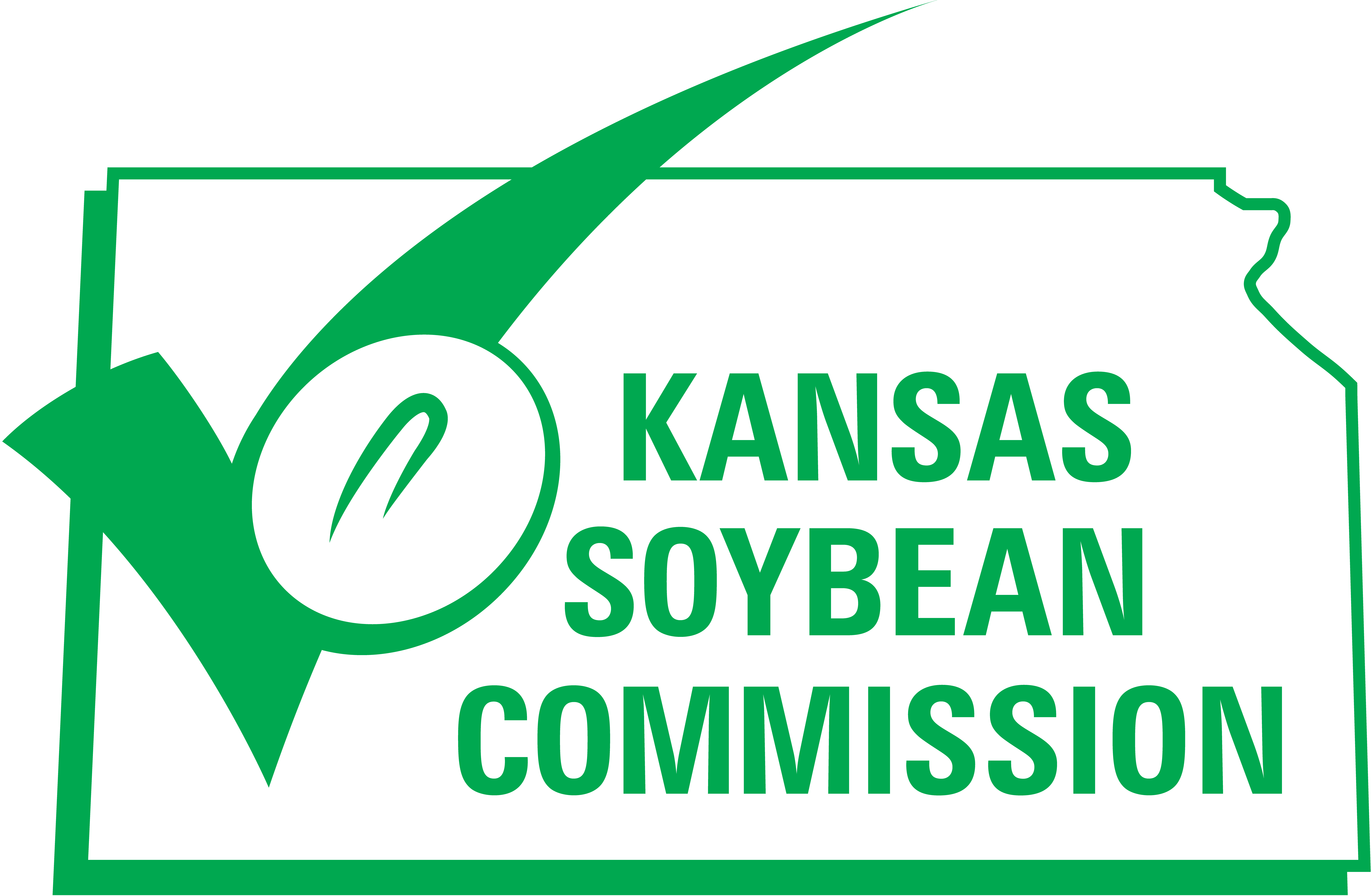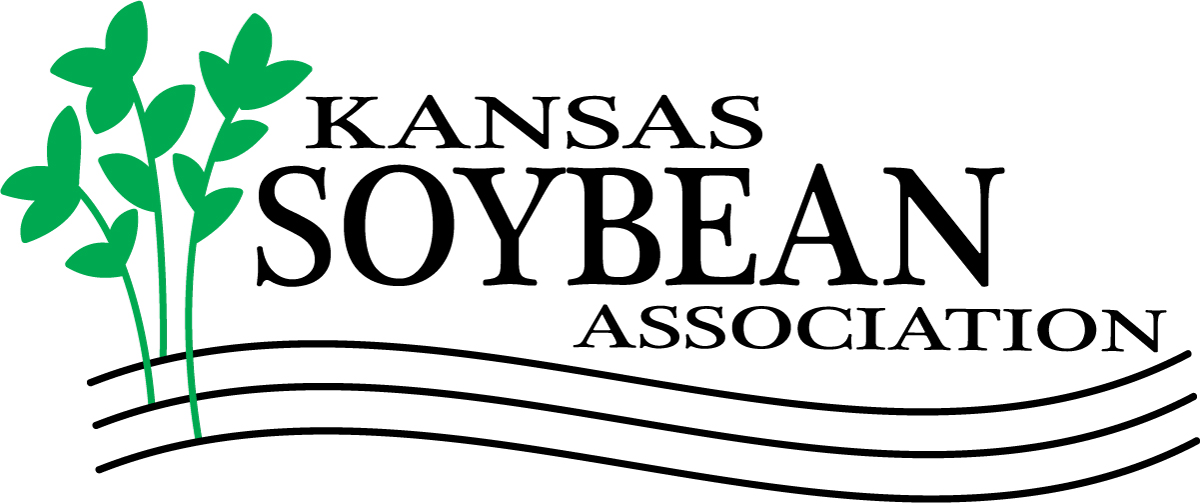KSA, KSC joint work benefits growers
All soybean farmers pay the checkoff at the first point of purchase, in the amount of one-half of one percent of the full market price. This allocation funds development of international soybean markets, boosts soybean use in industrial spaces and studies management practices for growing soybeans.
Paying the checkoff does not make an individual an automatic member of the association; annual dues must be remitted to the organization to become a member. Membership dues are vital in representing soybean growers on legislative and regulatory issues that impact operations.
The differences in the organizations are not always easy to explain, says Roger Draeger, who represents Cherokee County on the KSA board.
From Draeger’s perspective, “The association lobbies for programs that benefit operations, and the checkoff pays for programs to market the crop.”
When discussing with others the value of KSA membership versus solely paying into the checkoff, Draeger usually asks if the grower has received assistance from any government programs in poor crop years. He then explains that the association advocates for those programs while the checkoff cannot.
Some programs in Kansas, such as Emerging Leaders Academy and the Kansas Soybean Expo, are shared projects with both groups contributing time and resources to make them successful.
Draeger chairs the Commission Projects committee for KSA, which is tasked with maintaining knowledge of KSC operations and keeps the organizations on track to achieve the same goals.
Questions about how KSA and KSC work together for you may be directed to the Kansas Soybean office.

